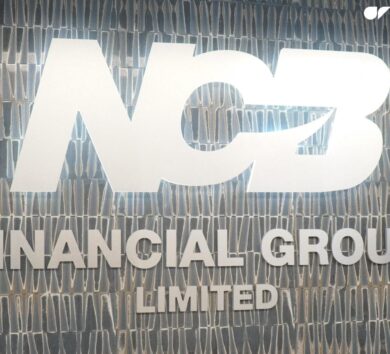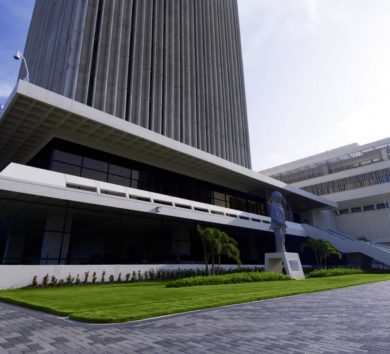

Major players in the global telecommunications (telecoms) industry are increasing their advocacy for technology companies to contribute to maintaining the cost of network infrastructure amid high returns and increasing user and traffic volumes, sparking a debate over net neutrality and the role of tech companies in supporting telecoms infrastructure.
Liberty Latin America (LLA), the parent company for regional telecom provider Flow, and the Caribbean Telecommunications Union (CTU) have joined the call for Over-the-Top (OTT) tech giants to contribute to the cost of the network infrastructure that powers their services, in a bid to address what they see as an unsustainable burden on network investment.
An OTT business is a company or service that delivers video, audio, and other media content over the Internet directly to users, bypassing traditional cable, satellite, or broadcast television networks.

David Cox, senior director and head of regulatory affairs at Cable & Wireless Communications (CWC), has voiced concerns over the rising demands being placed on network infrastructure by OTT providers, which necessitate substantial and increasingly unsustainable investments in infrastructure.
“We believe that it is important that all operators are fairly compensated for the use of their networks. This includes large ‘Over-the-Top’ (OTT) providers who generate large amounts of traffic over our networks. We have been working in the last year with operators across the Caribbean, and the Caribbean Telecommunications Union (CTU), to find solutions to this challenge,” said Cox in response to queries by Our Today.
“We call on OTTs to participate in this process and support the efforts of the CTU to bring resolution to this problem by bringing all stakeholders together. LLA does not believe that the Caribbean can secure its digital future unless all parties concerned pay their fair contribution to building the networks on which that future relies,” Cox continued.

Elon Parkinson, head of communications and corporate affairs at Digicel, speaking with Our Today, advocated for a “rebalancing of the unfair power asymmetry”. He pointed out that the investment community is unwilling to finance the roll-out of high-capacity networks due to declining operator margins and returns, while OTTs continue to generate significant revenues from using local networks.
“OTTs seek to maintain the current regulatory regime in order to protect their profits and force all of the costs of carrying their traffic onto network operators and consumers. In the Caribbean, the size of the electronic communications market has remained broadly flat in recent years, with no growth over the past five years and the cost of capital borne by Caribbean operators has also risen to 15 per cent, but returns have slumped to 3 – 4 per cent. In contrast, OTT providers’ revenues grew by over 150 per cent between 2017 and 2021,” Parkinson argued.
“On Digicel’s networks, the largest eight OTT companies presently account for approximately 80 per cent of mobile data traffic. Despite that, the OTT providers make no contribution or investment to local delivery networks. OTTs rely on their dominance to refuse to negotiate and exploit a regulatory framework that guarantees them unlimited access to networks by removing operators’ ability to negotiate better terms without any obligation to the networks they use,” he continued.

Reliance Jio, India’s largest telecoms operator, as reported by another international news source, has endorsed the idea, arguing that it will level the playing field and ensure a fair distribution of costs. Airtel and Vodafone-Idea, two other major players in the Indian market, have also supported the proposal, but added that only the largest users of Internet infrastructure should bear the costs of network usage, allowing smaller start-ups to thrive unhindered.
While the global telecoms industry is in favour of having OTT companies contribute to the cost of network infrastructure, it should be ensured that the principles of net neutrality are held, especially within the Global South where new and emerging businesses and players remain vulnerable.
It’s essential to consider how compensation can be balanced with the potential impact on competition, innovation, and transparency for emerging online businesses.
Net neutrality suggests that all Internet traffic should be treated equally, without paid prioritisation, and be transparent, regardless of the source to foster competition and innovation.







Comments